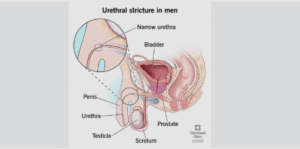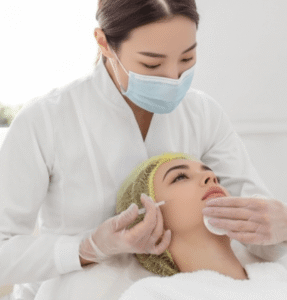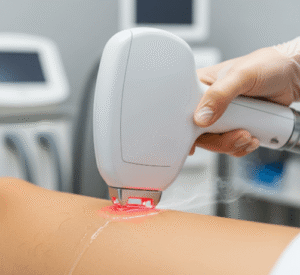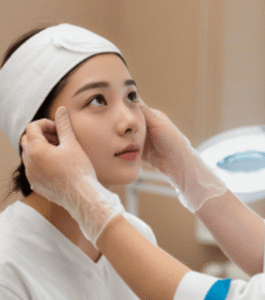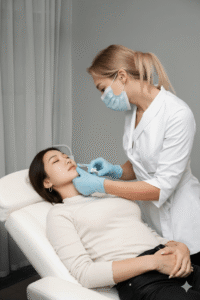Overview
Juvenile Idiopathic Arthritis (JIA) is the most common chronic rheumatic disease in children, causing persistent joint inflammation and pain. In South Korea, early recognition and treatment are crucial to prevent joint damage and growth abnormalities. Leading pediatric and rheumatology centers, including Seoul National University Hospital, Asan Medical Center, and Samsung Medical Center, provide specialized care with advanced therapies, rehabilitation, and monitoring programs.
What is Juvenile Idiopathic Arthritis?
JIA is an autoimmune disorder characterized by chronic inflammation in one or more joints before the age of 16. The term “idiopathic” indicates that the exact cause is unknown. JIA can present in various forms, including oligoarticular, polyarticular, systemic, and enthesitis-related subtypes. It may also affect the eyes (uveitis) and other organ systems, requiring comprehensive care.
Symptoms
- Persistent joint swelling and stiffness, often worse in the morning
- Pain in affected joints
- Limited range of motion
- Fatigue and general malaise
- Fever or rash in systemic JIA
- Eye inflammation (uveitis) in some cases
- Slow growth or limb length discrepancies in severe cases
Causes
- Autoimmune dysregulation: The immune system attacks joint tissues.
- Genetic predisposition: Certain HLA types increase susceptibility.
- Environmental triggers: Infections or other triggers may initiate immune response.
Risk Factors
- Age under 16 years (most cases start between 1–6 years)
- Female sex (higher prevalence in oligoarticular and polyarticular types)
- Family history of autoimmune diseases
- Certain HLA genetic markers
Complications
- Joint deformity and erosion
- Growth retardation due to chronic inflammation
- Chronic pain and disability
- Eye complications, including uveitis
- Osteoporosis or reduced bone density from long-term corticosteroid use
Prevention
- No guaranteed prevention due to autoimmune etiology
- Early detection and treatment to prevent joint damage
- Regular eye examinations for children at risk of uveitis
- Maintaining a healthy lifestyle with balanced nutrition and safe physical activity
- Monitoring and managing disease triggers
Treatment Options in Korea
South Korea provides comprehensive management of JIA through pediatric rheumatology and multidisciplinary care:
- Diagnosis:
- Blood tests for inflammation markers (ESR, CRP)
- Autoantibody tests (ANA, RF)
- Imaging (X-ray, ultrasound, MRI) to assess joint damage
- Medical Management:
- Nonsteroidal anti-inflammatory drugs (NSAIDs) for pain relief
- Corticosteroids for acute inflammation
- Disease-modifying antirheumatic drugs (DMARDs) such as methotrexate
- Biologic agents (TNF inhibitors, IL-6 inhibitors) for refractory cases
- Medications are closely monitored to minimize side effects
- Physical Therapy and Rehabilitation:
- Tailored exercises to maintain joint mobility and strength
- Occupational therapy to assist with daily activities
- Rehabilitation programs available at major hospitals
- Specialized Care in Korean Hospitals:
- Seoul National University Hospital: Pediatric rheumatology and multidisciplinary support
- Samsung Medical Center: Advanced biologic therapy and long-term monitoring
- Asan Medical Center: Comprehensive care including physical therapy and growth assessment
- Follow-Up Care:
- Regular blood tests and imaging to monitor disease activity
- Eye examinations to detect uveitis early
- Long-term rehabilitation and lifestyle counseling for optimal quality of life



